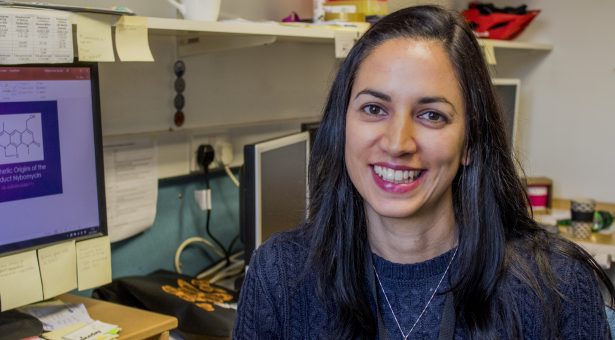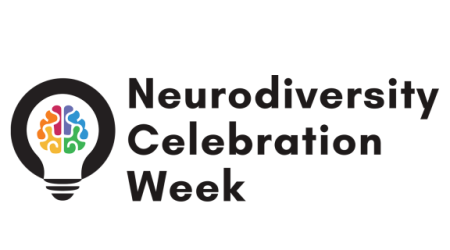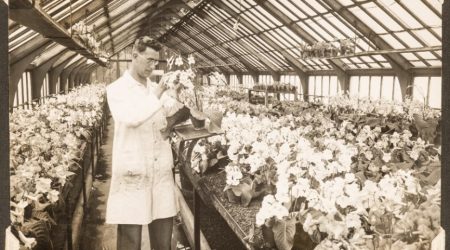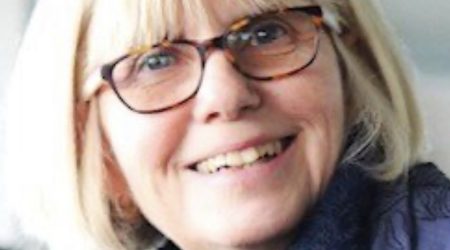From Ireland to I&D: Introducing Dr Siobhán Dorai-Raj

Earlier this year we sat down with Dr Siobhán Dorai-Raj our Equality, Diversity and Inclusion (EDI) Advisor to find out more about her role, and her career so far. Over to Siobhán.
“I moved from my hometown Galway, Ireland, to London with my husband and our toddler Isabella, when my husband began a postdoctoral position at University College London (UCL) in July 2010, and after this we moved as a family of four (Isabella gained a little brother in 2011) to Norwich in 2013, when he accepted a lectureship at the University of East Anglia (UEA).
During this time, I had taken a four-and-a-half-year career break to look after our two small children, and by the time we moved to Norwich I was looking to return to work. Before this break I was a postdoc in the National University of Ireland, Galway, working in a very similar field to my husband, who I met in my first year of university.
I saw the advert for the Daphne Jackson Trust Fellowship at the John Innes Centre, and it seemed to be perfect for me. The fellowships are targeted at people who have taken a career break for family, caring or health reasons and they allow them to go back to work on a part-time (50%) basis.
I applied for the opportunity and was successful, and so I started working at the John Innes Centre in January 2015 as a Daphne Jackson Trust (DJT) Fellow in the Molecular Microbiology Department under the supervision of Professor Barrie Wilkinson.
The DJT fellowship was brilliant because not only did it allow me to go back to research on a part-time basis, but it also allowed me to retrain in a field (bacterial natural products) quite different from the field I was trained in (microbial molecular diagnostics).
The John Innes Centre has been hosting and co-sponsoring a DJT fellow since I started in 2015 and are currently advertising for their next fellow (closing date 11 July 2022). If you know of anyone who could benefit from this opportunity, please share the details of the fellowship with them.
While I was working as a DJT fellow, I founded the NBI’s Parent and Carer Group (PACG), because, as a parent of small kids with no family in Norwich, I knew how important it was to develop a support network of other parents and hoped that the PACG would facilitate this (read this blog about how the PACG works to find out more).
I was also a member of the Post Doc Voice (PDV) and I joined the Inclusivity & Diversity (I&D) committee as the PDV representative.
During my time on the I&D Committee, I was involved with reviewing the Institute’s Athena Swan Gold application and action plan. The Athena Swan Charter is a framework to support and transform gender equality within higher education and research.
Gold is the highest level of this award, and the John Innes Centre is the only institute in the UK to that holds this award.
This introduction to gender equality work and the fact that I had personal experience of the barriers faced by primary carers in developing a research career, prompted me to decide on a complete career change.
With this in mind, I took a risk and left research in 2018 to work in UEA’s Science Faculty as their Athena Swan and Equality, Diversity and Inclusion (EDI) project coordinator.
I really enjoyed my time there, but I had very fond memories of my time at the John Innes Centre and I jumped at the chance to return in January 2022 as the EDI Advisor.
At the John Innes Centre, each staff group has its own “Voice”, with a committee that represents each group at meetings, forums and with senior leadership, we also have a great range of working groups and initiatives. So far, my favourite part of the role has been learning about the great work coming from across the institute.
Some of the activities and initiatives coming from the Post Doc, Student and Research and Support Staff voices, and the wide range of working groups (including LGBTQ+, the Parent and Carers, Accessibility Advocates, Race & Ethnicity and Equality & Diversity Group, and the Mental Health and Well-being Group) are really exciting, and makes for a really diverse and vibrant culture.
All the groups are run by volunteers who spend huge amounts of time making the JIC a more inclusive and supportive place to work and learn – they all deserve their own gold awards! When the Athena Swan renewal is submitted, I hope to spend more time supporting their work.”



